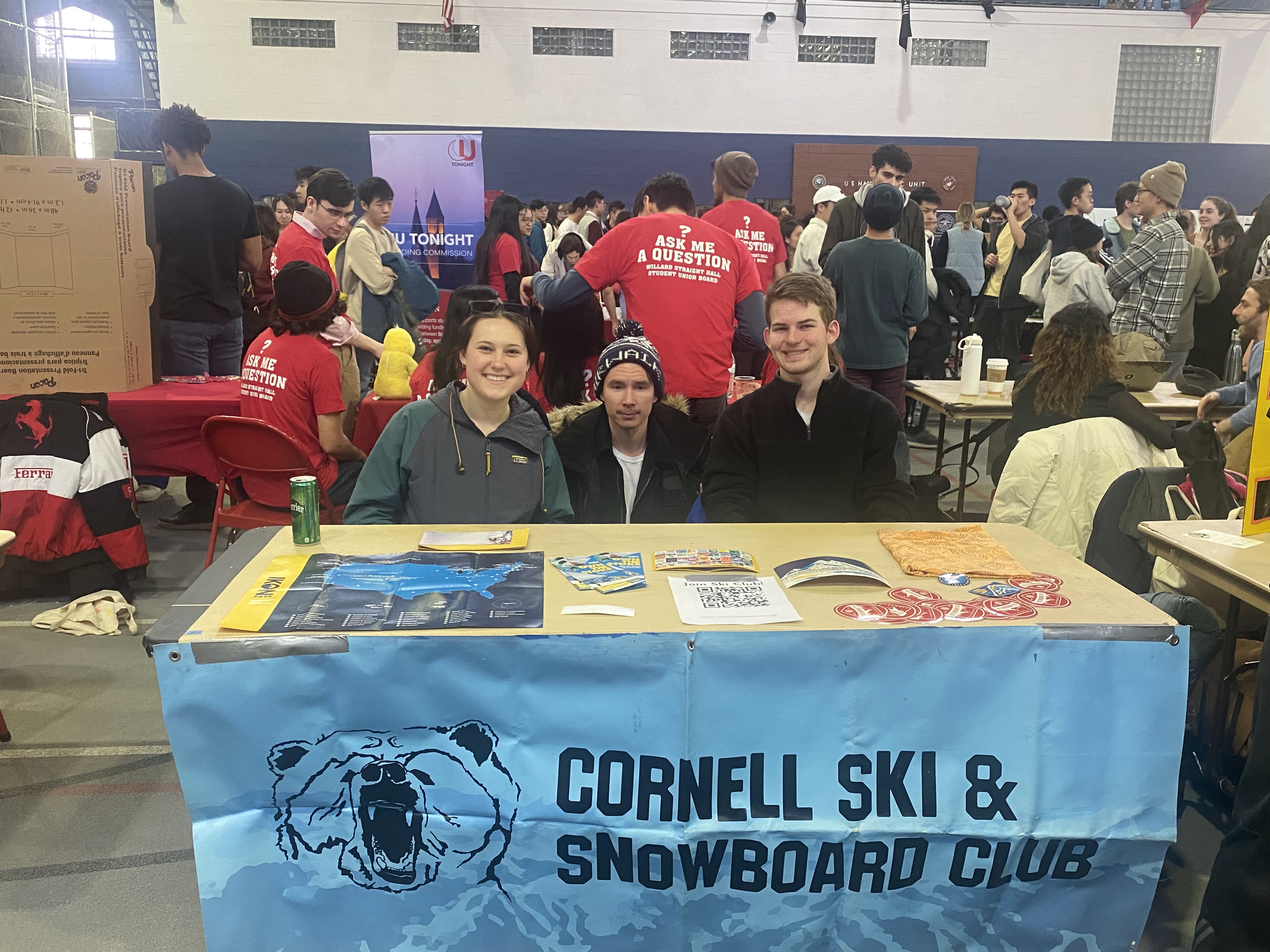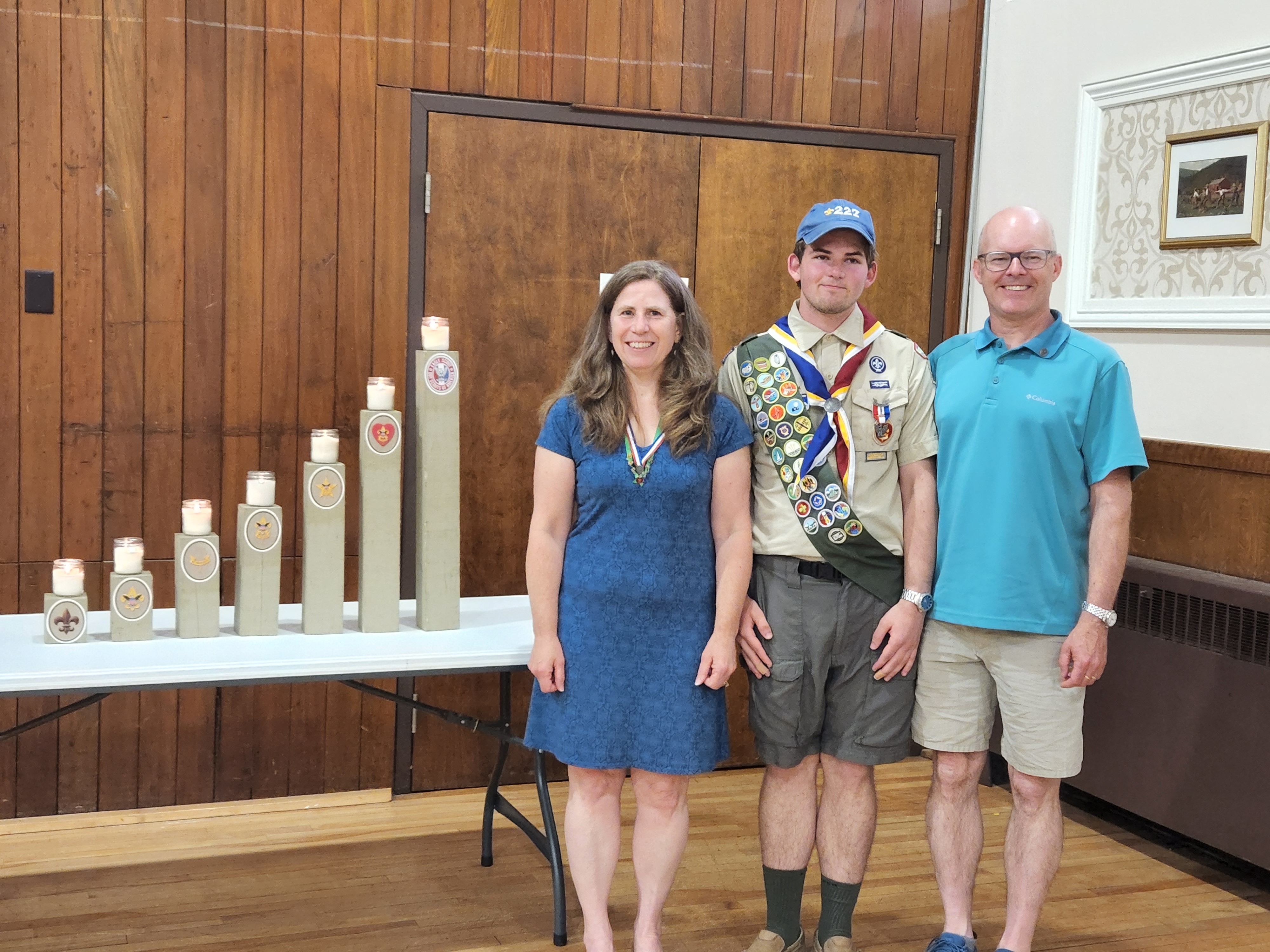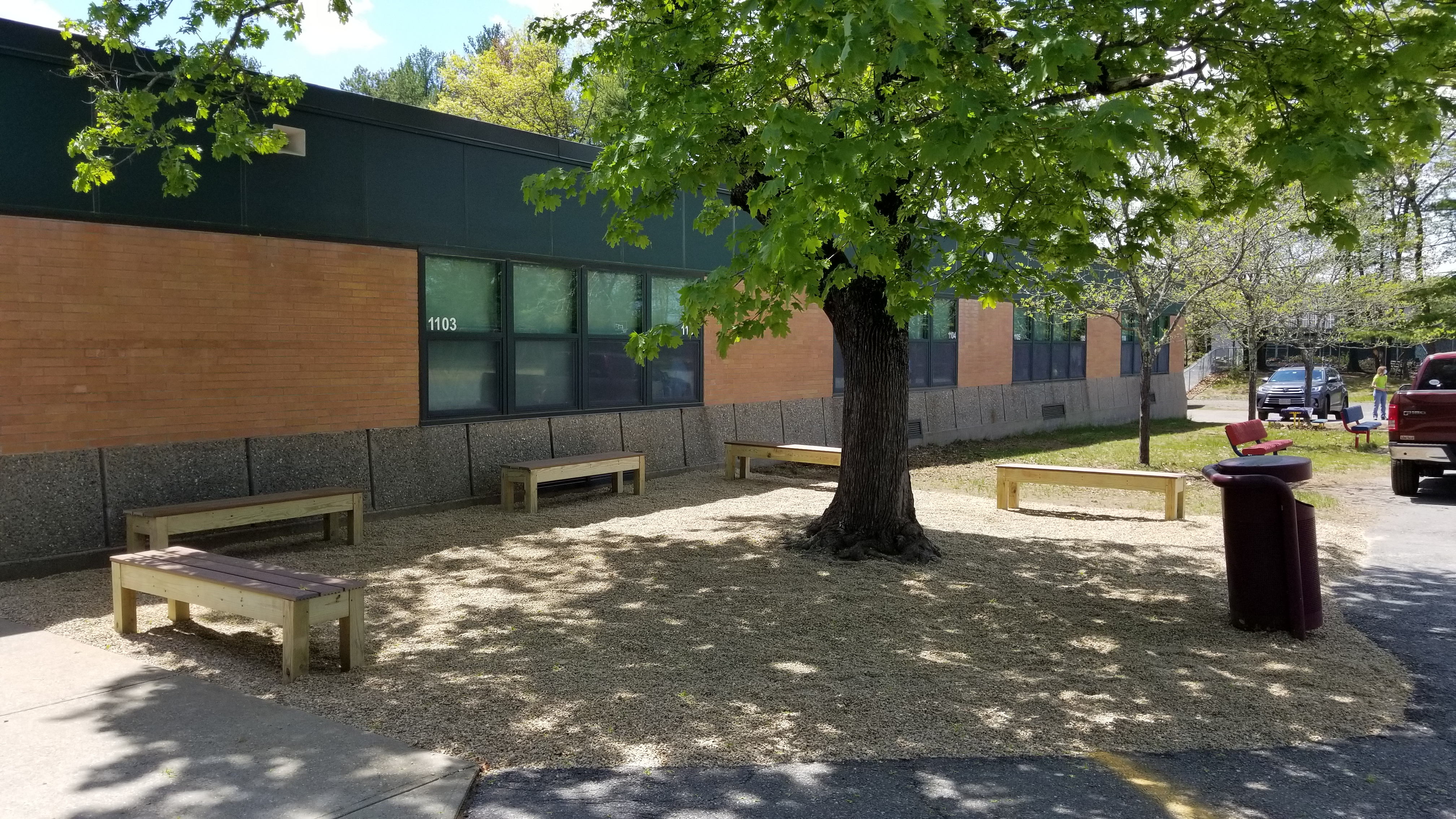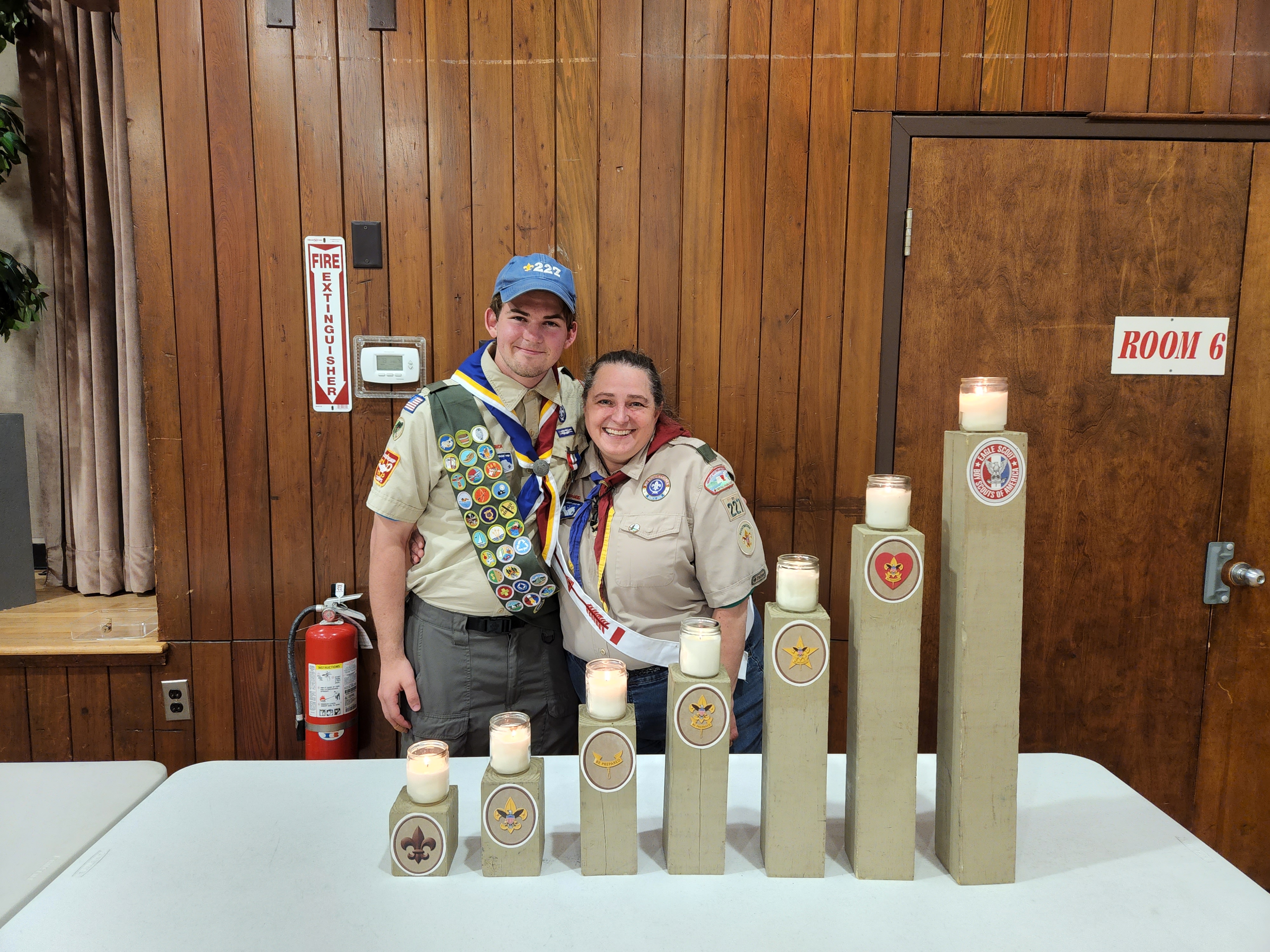I started my journey as a scout in early elementary school when my parents had me join the local pack as a tiger scout. Initially, scouting was something
that I had to do, mainly fun things like building pinewood derby cars, launching model rocket kits, baking cookies, and learning about morse code. Eventually,
there was a crossover ceremony and I became a boy scout rather than a cub scout. I did not know what was significant about this besides a new uniform,
a new handbook, and a new troop. Unbeknownst to me, things would be quite different. Rather than having weekly meetings with little dedication needed outside
of scheduled times, boy scouts presented more opportunities for me to explore new topics more in depth as long as I was willing to put in the time and effort
to learn. Within the first two years, I grew annoyed with how the troop was being run as within troop meetings, the same content was being presented over and
over so I felt that there was not much to gain from the troop. I took a short break from scouting to realize that the program is larger than the troop and if I
am interested in making a change in the local organization, I have the power and voice to do so. With this knowledge, I returned to scouting reinvigorated to
explore, learn, and make positive changes. I followed through the necessary requirements for each rank, aiming to meet or exceed expectations and being fortunate
enough to have the support of my family, friends, and scouting volunteers. Upon receiving the award of Eagle Scout, I was a Brotherhood member of the
OA, the honor society of scouting, and had completed 41 merit badges, including lifesaving, cooking, and personal fitness.
My Eagle Scout project consisted of the design, fundraising, logistical organization, manufacture, and assembly of an outdoor classroom including a pea stone
base safe for young children and a set of five benches for a full class to be hosted outdoors. Many thanks to Mr. Andrews - former fifth grade science teacher
at the school and a dedicated advisor to the project; Mrs. Horton - my scout leader who I would have been unable to figure out all of the necessary paperwork without;
Peter Wilcox - my father, who supplied his woodworking expertise and helped navigating the entire process from a simple idea to the final implementation; and finally,
a big thanks to the many volunteers who dedicated their time to manufacturing wooden benches, clearing the area for pea stone, laying the pea stone, and
transportation of all of the materials. This project would not have been a success without you.



